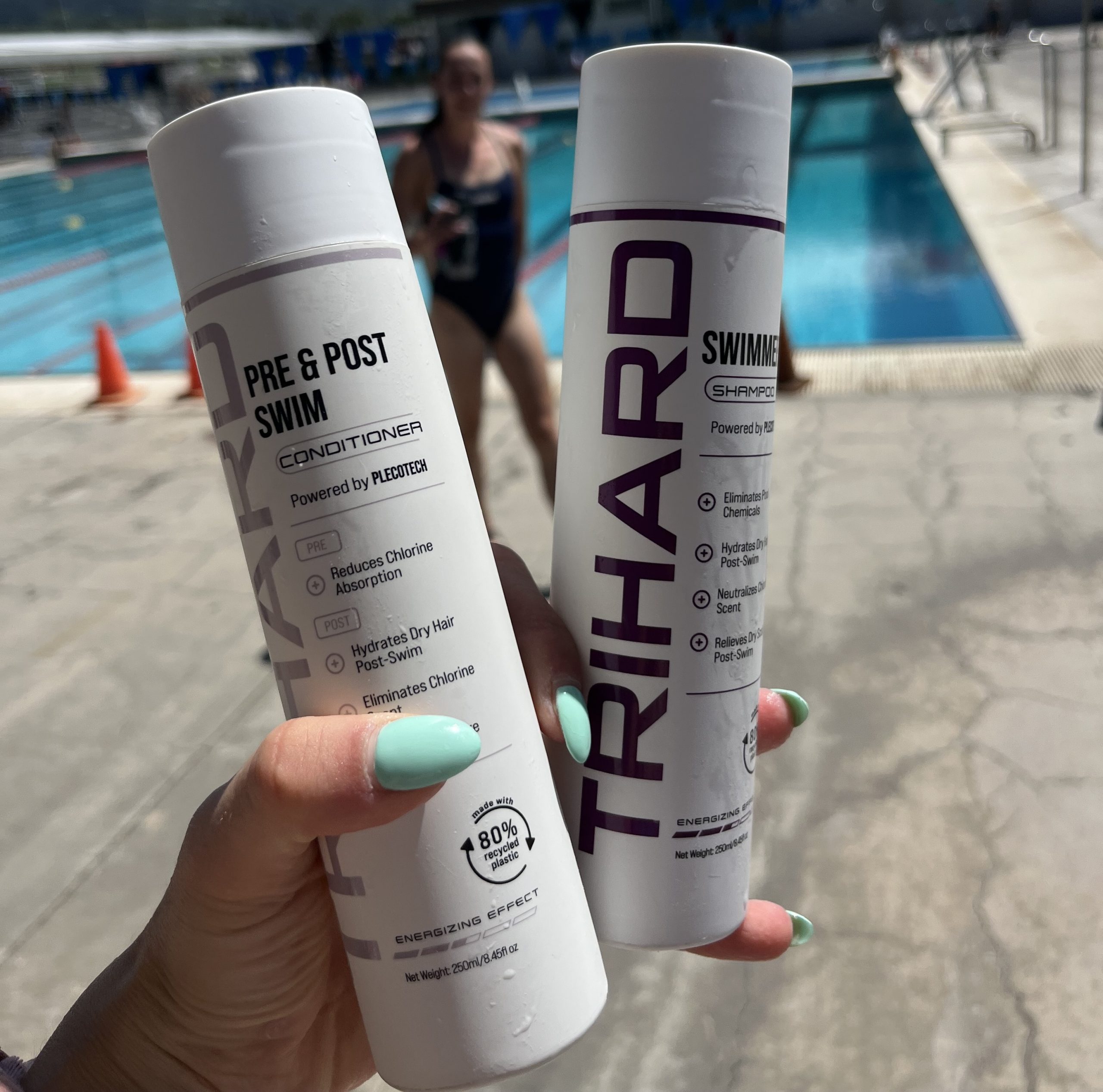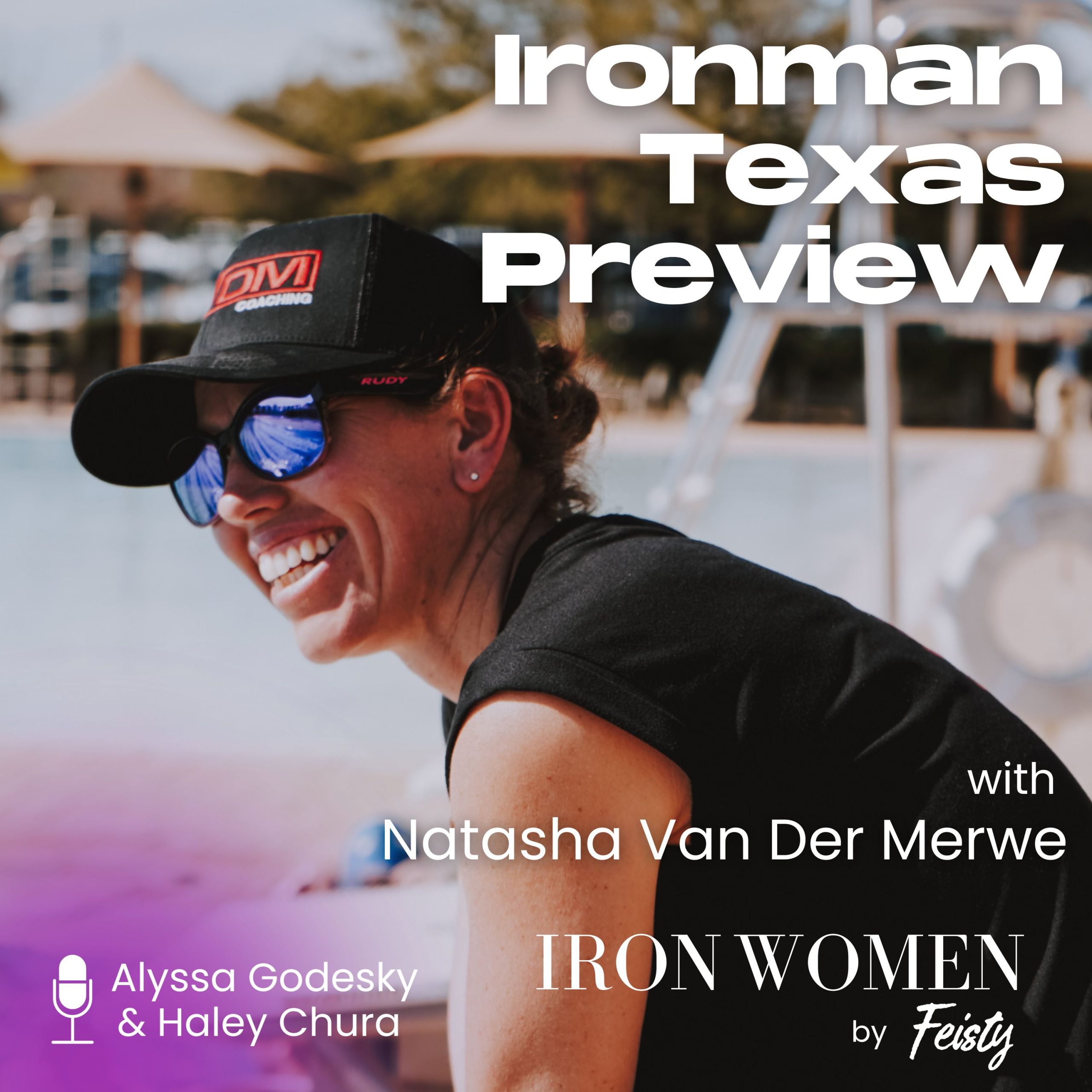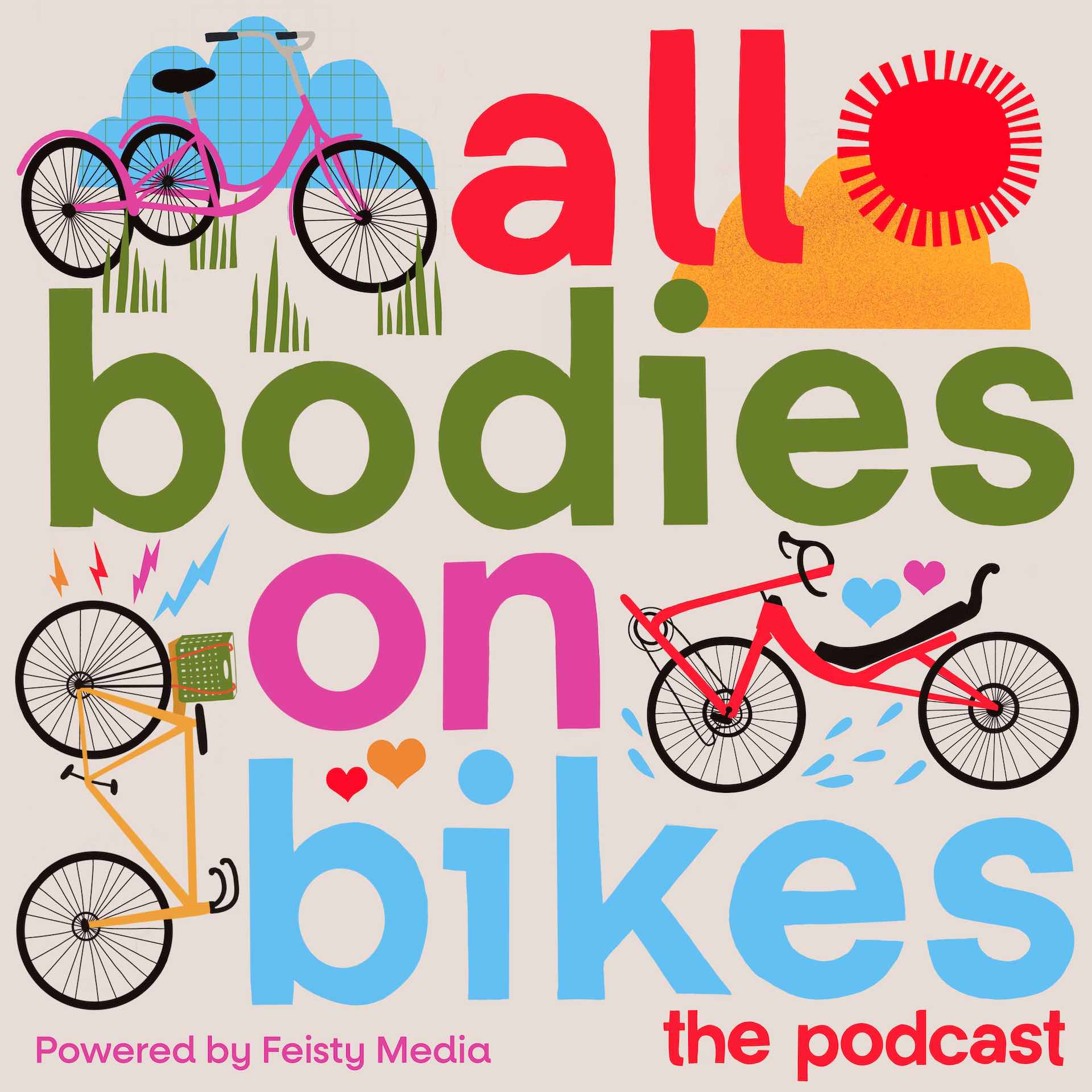August 14, 2017
A Visionary for Women in Sport Leadership: Marisol Casado
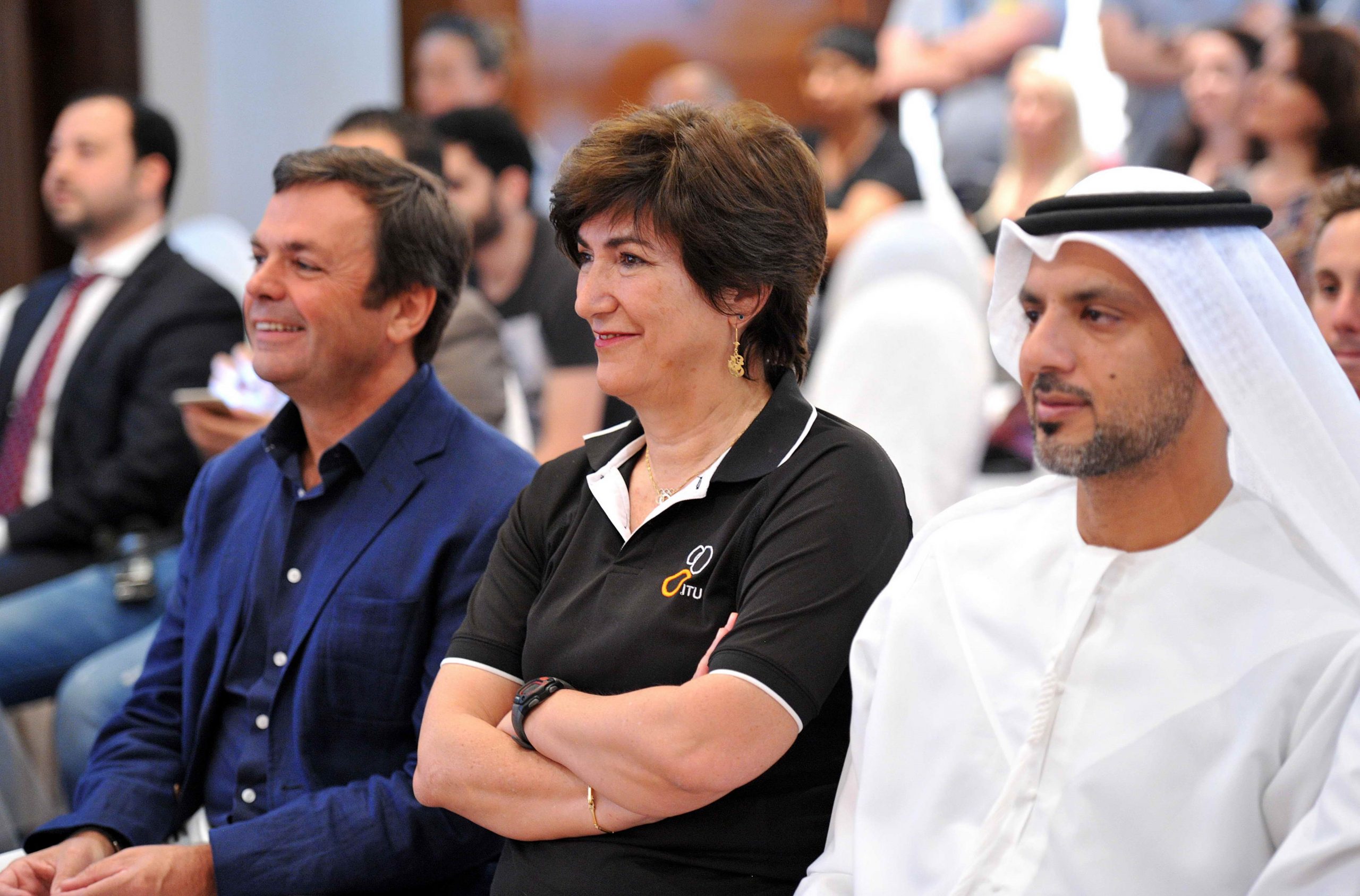
text by Sara Gross
I was told to meet Marisol Casado in the World Triathlon Series race hotel in Abu Dhabi. As I ordered an espresso, I spotted Casado at a nearby table, surrounded by men. I then watched as she moved quickly and purposefully from meeting to meeting, right there in the lobby. Small, informal meetings of groups of 3-5, all men except her, the President of the International Triathlon Union (ITU).
Consider that for a moment. As the Olympic Games in Rio approach, only one of the sports has a woman at the helm. And this is 2016.
Just another day at the office for Casado, an exemplary woman moving confidently in a job that, in most sports federations, is reserved for men.
Casado’s meritorious background in sports leadership began in 1989 as a founding member of the Spanish Triathlon Federation and International Triathlon Union. Her current role as ITU President and council member of the Association of Summer Olympic International Federations (ASOIF) makes her the only female head of a summer sport federation.
Consider that for a moment. As the Olympic Games in Rio approach, only one of the sports has a woman at the helm. And this is 2016.
Marisol arrived in Abu Dhabi from Bolivia, where she instructed a course for coaches. From Abu Dhabi, she was scheduled to go to Lausanne to the first International Federation (IF) Women in Leadership Forum organized by both the ASOIF and the International Olympic Committee (IOC). She was the opening speaker.
Reserved by nature, Casado spoke in a soft Spanish accent: “ I don’t like too much to speak. If its 10mins – its fine.”
A walking treasure-trove of advice for women who aspire to become leaders in sport, Casado explained:
“The IOC and The Association of Federations (ASOIF) – I belong to both bodies. In the IOC, there are some women. Both together, they organized a forum in celebration of International Women’s Day and asked me to make a speech. I could tell them, ‘its very good what you are doing (for women in sport).’ But I can’t. I have to tell them it’s not good enough.”
Casado laughs the nervous laugh of someone who hates public speaking but knows what she has to do.
“I have been working for equality in sport for many years now. Prior to 2006, I didn’t understand that there was a need to push for gender equality. I was in a leadership position but I didn’t understand that I was an exception. This is the first thing that women who are already in leadership positions need to understand. We are the exception. Secondly, we need to understand that we are role models. We have to decide if we want to take that seriously or not. I choose to act as a role model, and also to fight, to stand up and say something.”
A fighter, yes, but Casado fights with an intellectual sword forged from listening and learning. Her thrusts are calculated and intentional.
“The International Federations are clearly male business,” Casado states matter-of-factly, “because this is the tradition. We have to understand that women arrived to sport later than men and that equality will be something that takes very long.”
Casado is a realist about where we are culturally in the West, were we need to be and what we can do to get there:
“In the society that we have now, women are going very fast in education, for example. They go faster than men. This is a fact. Now in universities there are more women than men. Then why don’t we have more women in leadership positions? Its because of tradition – a very heavy male tradition.”
And she offers solutions;
“Men and women need to understand that we have to accelerate the process, and the only way to accelerate the process is quotas. This is a concept that nobody understands… or else they don’t want to understand. Women think ‘I don’t want to be a quota.’ But they are not a quota. There are quotas to fulfill and if we don’t arrive at 36%, we have nothing.”
Casado then explains that in order for any minority group to have influence within an organization they must constitute 36% of that organization. Its something she read that aligns with her personal experience.
As for quotas and ‘affirmative action:’ “If you are qualified for a position you are not a quota,” she says.
Casado concedes that times are not always changing for the better; “There is a problem,” she says, “My feeling is that the men are closing in against the movement for women’s leadership. This is my feeling in the last 5-6 years. There is another movement that is against us.”
Casado confirms that this is just a sense she gets.
Me: So what do we need to do?
Casado: “I don’t know. We need to start with quotas. Then we need to ask people really to decide that we want diversity and the value of diversity.”
Me: Do you think there should be quotas for other underrepresented groups?
Casado: Yes, I think so, and we will see the necessity. Otherwise sport management will fall behind. It’s necessary to see what society is doing and do it. This is not only in sport management. We have a problem in society. How many orchestral conductors are women? Why? There are a lot of women who play instruments. Deans and rectors of universities. We have many women professors but how many of them become deans?
Me: So you think this leadership problem goes beyond sport?
Casado: Yes
Me: What advice would you give to women who want to follow in your footsteps and be leaders in sport?
Casado: The main thing you need to know is what path to follow. This is very important. And then be confident that you are able to get there, not thinking that you will be stopped. Normally the first problem that women face is the family, the inner circle. This is very personal. Women have to resolve this on a personal level.
Prior to 2006, the humble Casado did not realize she was unique as a strong woman leader: “Then I realized I was lucky… because my husband always pushed me to do whatever I wanted and to elevate myself. At one time, we worked together in the Spanish Federation and he said ‘it’s too much for the family for both of us to be involved. You are better.’ And he left (the Federation). As for the caring of my daughter, he thinks it’s his duty to take care of her. But I know I am an exception.”
Secondly, Casado explains that aspiring leaders need to know how to get to where they want to be: “I knew the path. The path is difficult and there are a lot of men who will go for the same position and who will work against you.”
Third; “You need to have good standing with your national federation. Even for me now, If I want to be re-elected, I need the help of the Spanish Federation. If I fight with them, they can cut my career. This is the system in sport. Its important to understand the system.”
From what I’ve observed thus far, Casado’s interpersonal skills are second to none. Make friends, then gently suggest the changes that are required, seems to be her modus operandi.
“At the end of the day, you can not go top down, you have to work your way up. And as a woman, you are probably more clever than the men.” I laugh out loud to which she responds, “No no! It true, its completely true.”
“And normally women work harder.” she adds.
Me: How about advice for coping with working in an all-male environment?
Casado: In the triathlon environment, I have no problem. Triathlon is very proud of me. Because I am a woman. This is my feeling. They know how good it is for the sport having women in leadership positions. There is no problem in Triathlon. It’s different for my colleagues in other federations and the IOC. In the IOC, I can say that they have been doing a lot of work and have awareness of the issues around gender equality. But, in the International Federations Association (ASOIF) it’s terrible because there are lots of older people, a different generation. In reality you can feel that they think (unconsciously) that you are weird. You are the weird woman.
Me: How do you overcome that?
Casado: I have to say that I work on myself, because sometimes it is very difficult. Sometimes I have mental coaching when I feel weak. I have someone help me and now I know how to help myself. I like to read about personal growth. From Jan 1st-12th, I was in Bali doing a mediation course. I did 10 days of absolute silence. This kind of thing has helped me. I’m going to be 60 this year and I still have a good capacity to learn, to grow. While I was there we were meditating 14 hours per day. We got up at 4am we meditated together until 9.30pm. We have a lot of time to think.
Me: When did you become aware that you had to work on yourself?
Casado: Because I suffer a lot. I realized that you have to train your mind as well as your body. My position is a great position and I love what i am doing but if I want to maintain the situation I need to train my mind. Men also should be doing this.
Me: How long ago did you start working on the mental side?
Casado: Eight years. I started when I did the first period of my Presidency. In Spain, we have a grant for people in leadership to develop themselves. It is very important. I use it for this.
Me: Do you meditate every day?
Casado: No.
Me: So you went from nothing to 14 hours a day? (I laugh)
Casado: Yes. It was crazy. The conditions were hard. It was really cold and it was hard to sit on the hard floor. After 2 days, I asked, please let me lean on the wall!
I could feel the eyes of the men who were next in line for an audience with Casado on me and she gracefully took her leave. I swirled the bottom of my espresso and thought how lucky the world of sport leadership is to have women like Marisol Casado in it.


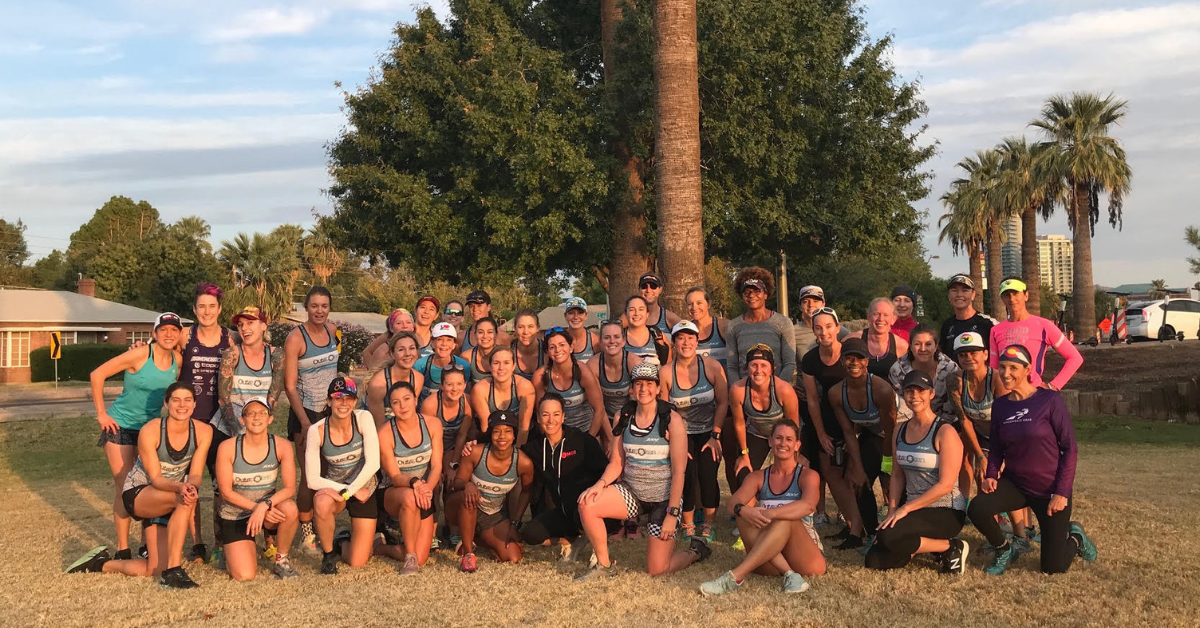 Outspoken Women in Triathlon Summit Returns Bigger than Ever
Outspoken Women in Triathlon Summit Returns Bigger than Ever  Driving the Lamborghini: Productivity and the Power of Paper
Driving the Lamborghini: Productivity and the Power of Paper 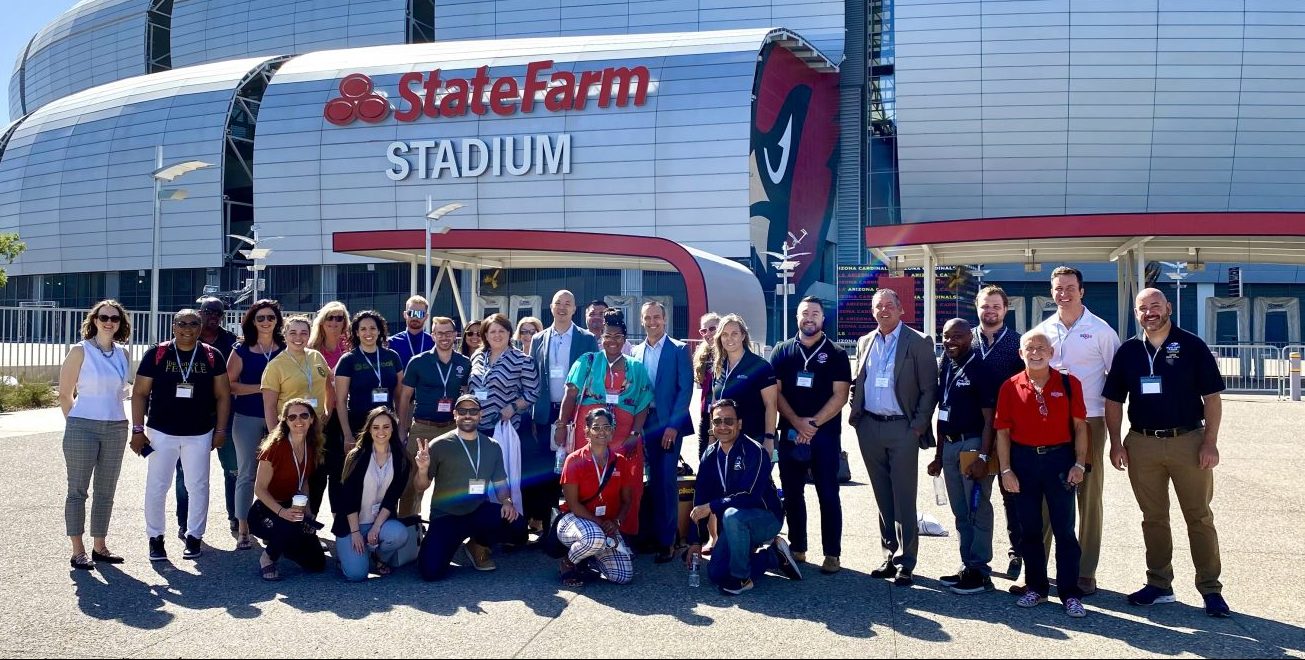 5 take aways from the Compete Sports Diversity Summit
5 take aways from the Compete Sports Diversity Summit 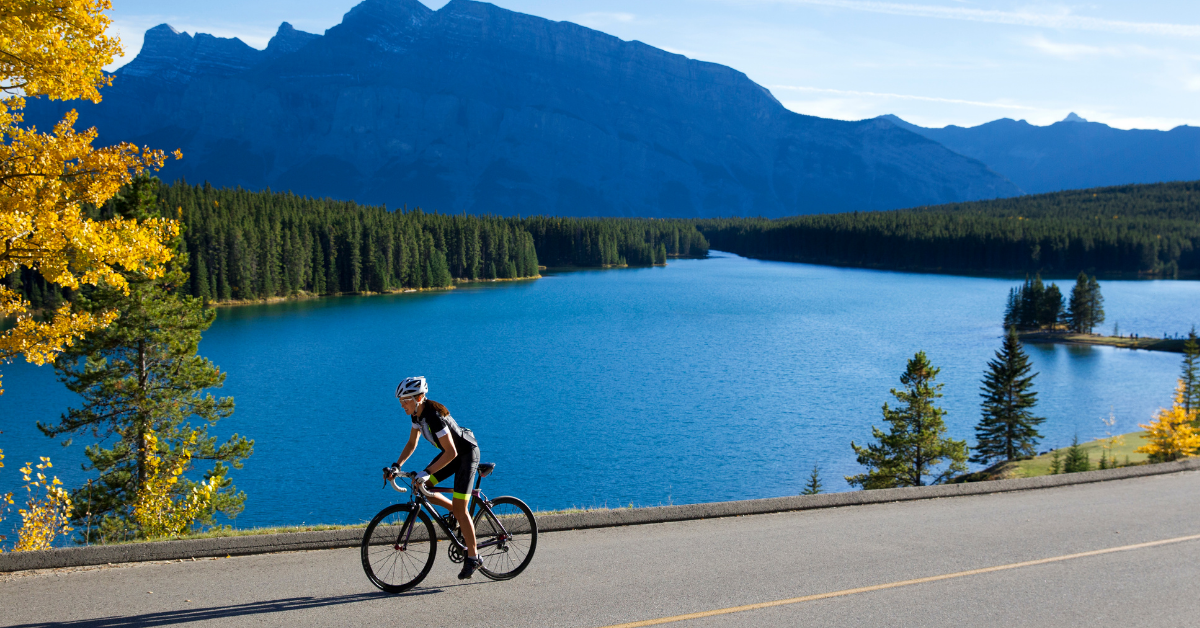 Simple Tips to Hone Your Bike Handling Skills
Simple Tips to Hone Your Bike Handling Skills 